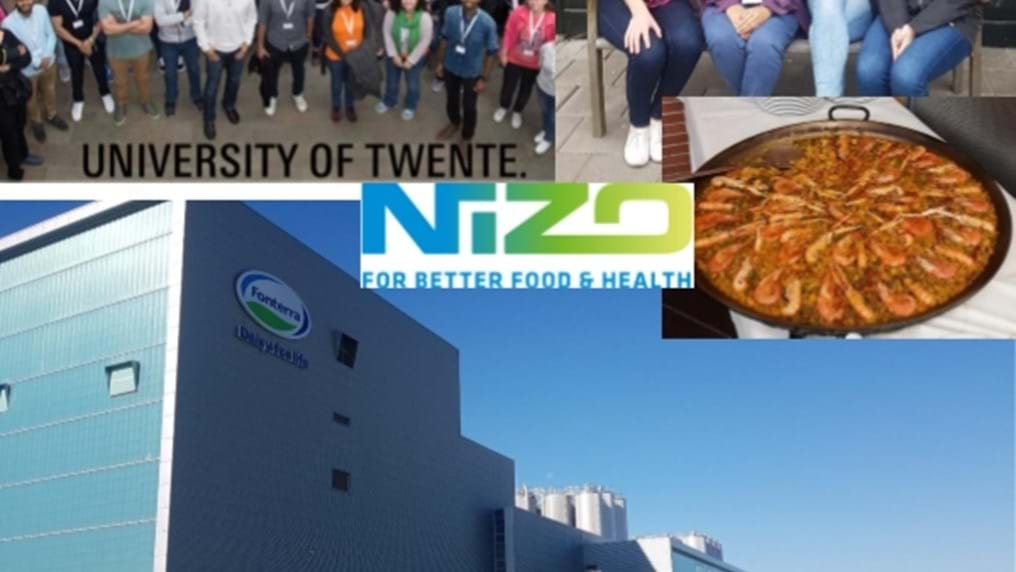New Zealand
Earle Travel Fellowship for 2018 awarded to IChemE member

27th August 2018
The Earle Travel Fellowship for 2018 has been awarded to Brooke Clark AMIChemE, a process engineer at Fonterra, New Zealand. Brooke is Heat Treatment & Separation Lead in Fonterra’s Centre of Excellence.
The Earle Travel Fellowship is awarded annually to support and encourage young professional engineers and technologists. It is open to members of NZIFST, IChemE, Engineering New Zealand and PDMA who are working in product development and innovation management, or in process development in bioprocessing or food processing. The aim of the fellowship is to increase the knowledge and skills of professionals through overseas travel. It is envisaged that the skills gained, and the contacts made, through visiting overseas research and development institutes, and attending international conferences will enable successful candidates to improve technology in New Zealand.
Brooke’s award provided funding towards a trip to the Netherlands and Spain where her itinerary focused on membrane technology. Brooke's trip report follows.
In June 2018 I won the Earle Travel Fellowship though the New Zealand Institute of Food Science and Technology. This is a generous grant from Richard and Mary Earle aimed to get New Zealanders overseas, to build networks and bring knowledge back to NZ. My itinerary was based around membrane technology. I had a wonderful time and made many connections throughout the trip, and I look forward to seeing the opportunities that will develop from these!
My first stop was to The Netherlands to a city in the east called Enschede. The University of Twente was holding a week long workshop called “From Fundamental Concepts Towards Commercialization of Membranes”. The program was packed from 9am to 9pm each day and included everything from the thermodynamics driving separation, the latest developments in membrane research and company visits where membranes are commercially used or produced. We were also asked to develop a new product or process. My group developed a novel process to separate ethanol which uses pervaporation membranes and about 30% less thermal energy than commonly used distillation. The week ended with our “funding pitch”. My presentation included some pictures of New Zealand to demonstrate what we are trying to preserve. I suspect everyone walked away thinking we all live in Hobbiton, but at least it caught their attention!
Next, I travelled up to Heerenveen to visit Fonterra’s plant located there. I was able to assist in a reverse osmosis membrane change out and I had the chance to cut one open and inspect with the operators. My last stop in The Netherlands was to visit NIZO; a private research company with their roots firmly in dairy since 1948. We discussed current European product development trends and the services NIZO can provide the food industry.
A flight to Valencia brought me to the Network Young Membrains mini conference and the Euromembrane 2018 conference. This is Europe’s largest membrane conference and attracts 700 participants from industry and academia. There appears to have been significant development on the elusive low-fouling membranes, upcycling of used elements and chemically stable reverse osmosis membranes. Although dairy was not often the researcher’s focus, it was always interesting discussing their work in the context of dairy to see how translatable their work can be.
The organisers kept us well fed throughout the event with extensive three course lunches every day! The meals featured local foods such as Valencian orange juice, conejo (rabbit) paella and horchata (tiger nut milk). I cannot thank Richard and Mary Earle enough for the priceless experience they have given me!
Back to news